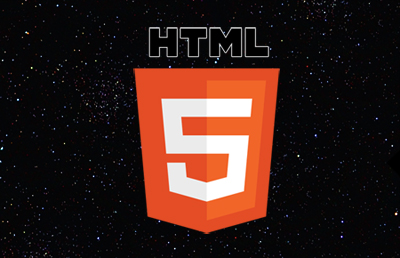 |
| HTML 5 |
"HTML5 is supported by Chrome, by Safari, by Firefox, and now Internet Explorer 9 is jumping in," he says. "With that broad of a thing, you can now write an application that'll run seamlessly not only on this device [Chrome OS] but on any operating system, [and] also on a bunch of your tablets and phones."
Shepherds of the web, from execs at Firefox to directors at Internet Explorer, have heralded HTML5 as the future of the Internet. Simply put, HTML5 is the latest revision to HTML, the core coding language of the web and the backbone of the Internet. It's a modern standard designed to complete modern online tasks--audio, video, multimedia, etc.--and every browser maker has touted its capabilities when showing off the newest versions of their software.
For Sengupta, the power and scalability of HTML5 was one of its most appealing aspects--not only for Google, but for the many developers the search giant hopes to attract to its Chrome Web Store. On its Chrome browser and especially on its Cr-48 Chrome OS notebooks (heading to market in mid-2011 with hardware from Acer and Samsung), the Web Store offers apps that look to mimic the experience of apps on Apple's iPhone and iPad. The New York Times Chrome app, for example, looks very much like what you'd expect to find on a tablet or smartphone--and is built entirely with HTML5.
"With HTML5, the browser is able to do pretty much everything you can do now in a regular app environment. What we're seeing internally is a bunch of web applications jumping on very quickly," Sengupta says. "I think people haven't [realized] the power of HTML5, and how quickly things are going to adapt and evolve."
Sengupta calls HTML5 the "world's biggest development environment," thanks to its potential to run seamlessly across multiple platforms.
"If you're an app developer, you're now having to develop for iOS, Android, different versions of each of these operating systems, as well as any new ones that come out--that's a huge cost," he continues. "In fact, Mark Zuckerberg I think at one point said [he'd] gladly take HTML5 and write one app that works across everything."
Sengupta's comments very much mirror those made recently by Mozilla VP Jay Sullivan and IE9 senior director Ryan Gavin, who both feel HTML5 is core to the future of the web. While we didn't have time to discuss Adobe Flash (Sullivan and Gavin have very interesting beliefs on where Adobe's premier plug-in is heading), it's clear Google is sliding its chips toward HTML5.
"That was one of the reasons why we chose HTML5 as the development environment," Sungupta says, "because we see the world moving that way."
--------------
fastcompany.com
No comments:
Post a Comment